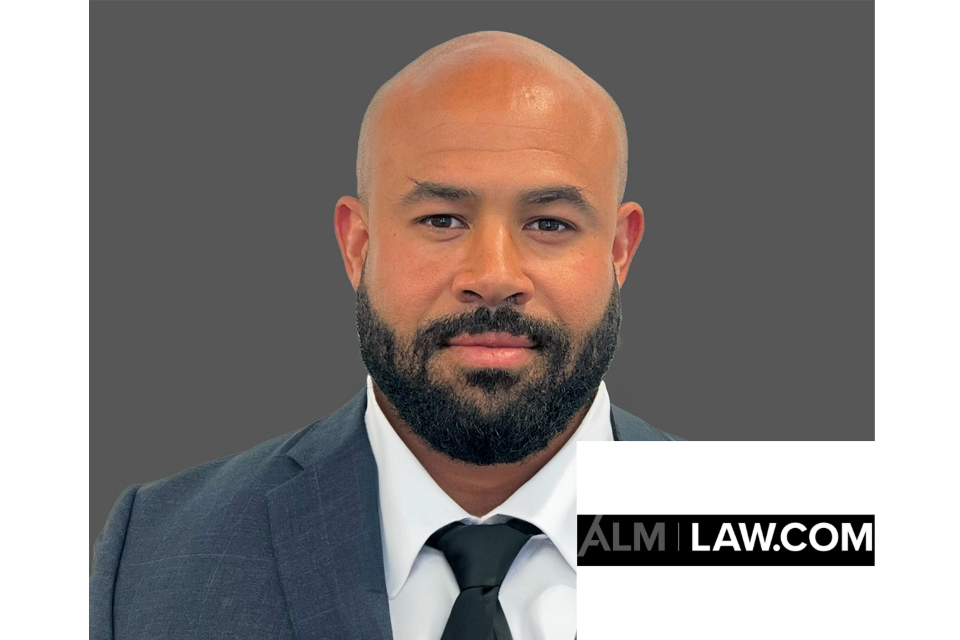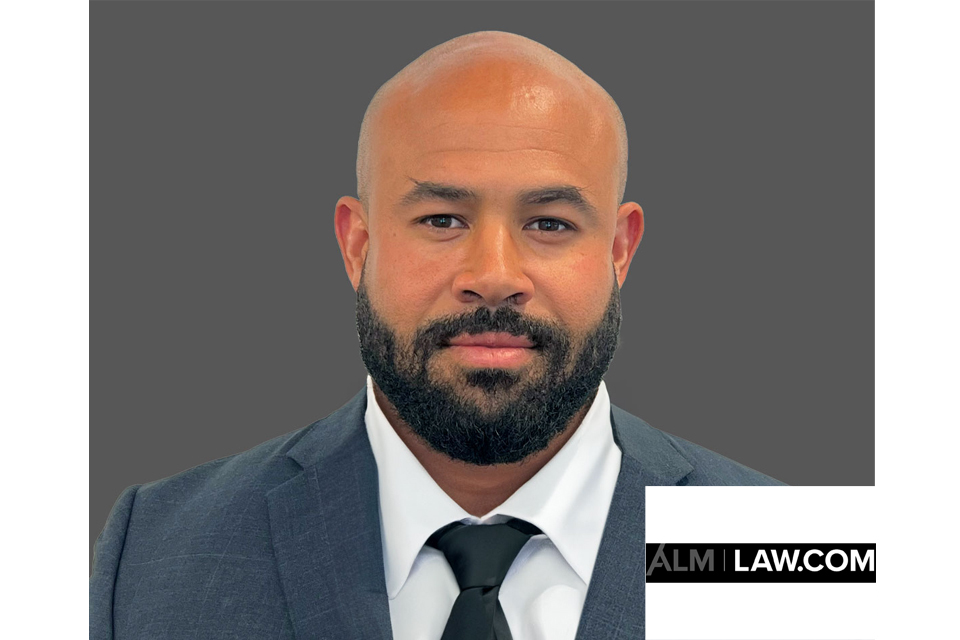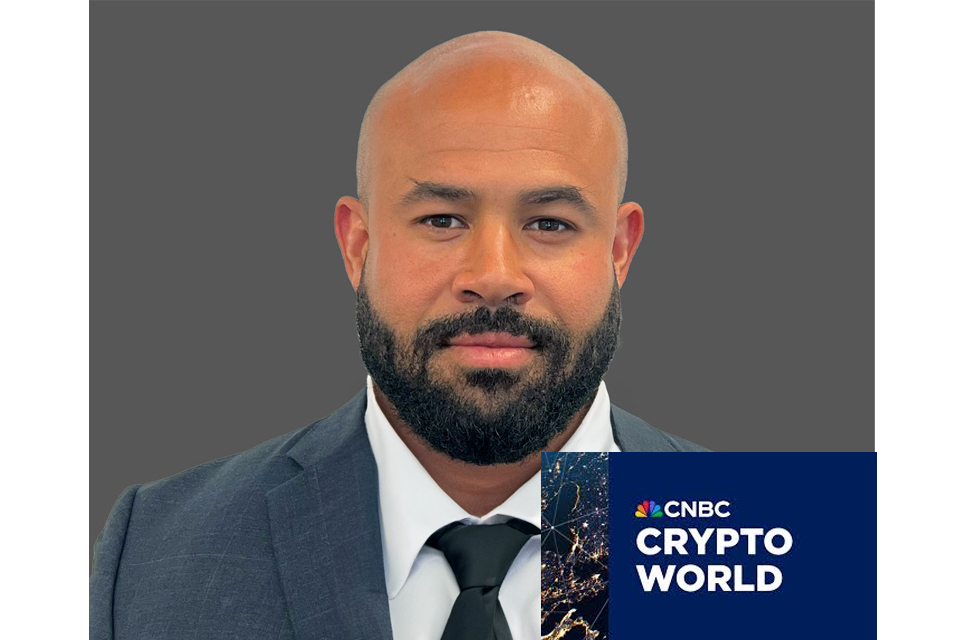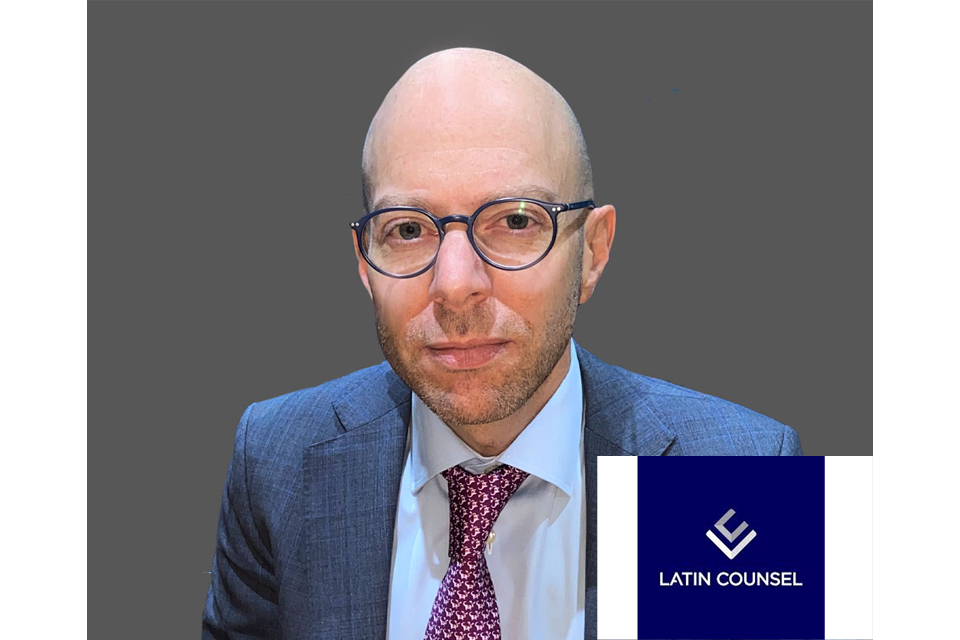Financial Services Advisor, a publication of The Dialogue, Latin America Advisor,* asks: What Has Changed Since the Panama Papers Leak?
Q: The massive Panama Papers data leak earlier this year drew media attention and regulatory scrutiny for ways elites around the world have hidden wealth from tax authorities. What has been the impact on financial services companies operating in Latin America and the Caribbean in the months since the revelations? To what extent are governments and regulators in the Americas moving toward new rules to close loopholes and change tax policies? How much more regulatory oversight of tax havens is needed, and what should any new regulations entail?
A: Marta Colomar-Garcia, partner, and Marcela C. Blanco, associate attorney, at Diaz Reus & Targ LLP respond: “In light of the Panama Papers, Latin America is taking a closer, more serious look at solving corruption, money laundering and tax evasion problems. Latin America has a world of diverse laws and business practices that can contribute to the plethora of legal loopholes that allow criminals to hide money laundering, tax evasion and other illicit financial activities. One way to overcome this problem might be to reform and harmonize laws across Latin America to effectively close those loopholes. However, achieving uniformity of legislation across so many countries is neither simple nor quick. The reform of the Latin American taxation law will require unfettered cooperation of the governments and regulatory bodies of offshore tax havens, the financial institutions and other service providers that provide opportunities to transfer funds, and the respective parliaments and law-reform agencies that can harmonize laws and ensure legal and procedural problems of cross border proceedings are dealt with effectively. Even if that harmonization is achieved, one can be sure that no matter what reforms are instituted, what matters most is how national courts will interpret the reforms. In a domestic context, these reforms will present new, unique and unforeseen issues. Suffice it to say that any harmonization process through Latin America will be a complex exercise. The legal cultures between various countries will inevitably create challenges involving time, resources and cooperation.”
*Read the complete Q&A at Latin America Advisor
Diaz Reus staffs eight offices in key, dynamic Latin American cities including Mexico City, Mexico; Panama, Republic of Panama; Caracas, Venezuela; Bogota, Colombia; Lima, Peru; Buenos Aires, Argentina; Santiago, Chile; and, São Paulo, Brazil, where the firm represents multinational corporations, government entities, public officials, international banks and other financial institutions, entrepreneurs, and high-net-worth individuals in many well-known, high profile cases and transactions.

















































































![Especial abogados Salón de la Fama[61] 4](https://diazreus.com/wp-content/uploads/2023/06/Especial-abogados-Salon-de-la-Fama61-4-pdf.jpg)



























































































































































































